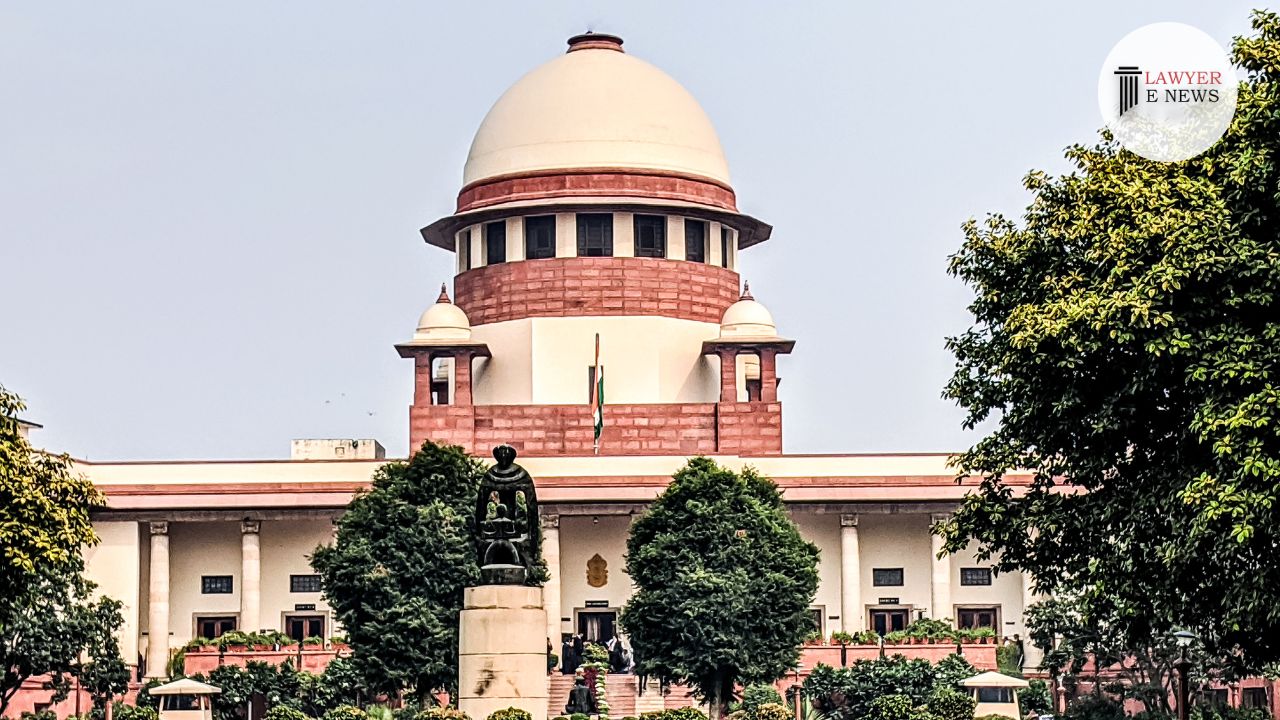-
by Admin
15 February 2026 5:35 AM



In a significant ruling, the Supreme Court reiterated the exclusive jurisdiction of the executing court in resolving disputes arising during the execution of a decree. The court emphasized the importance of speedy disposal and preventing unnecessary litigation in decree execution matters.
The court, citing Section 47 of the Civil Procedure Code (CPC), emphasized that the executing court must determine all questions arising between the parties to the suit or their representatives in relation to the execution, discharge, or satisfaction of the decree. This provision aims to prevent needless litigation and ensure the prompt resolution of execution-related issues.
Furthermore, the bench highlighted the significance of Rules 97 to 106 of Order XXI of the CPC, which provide a comprehensive framework for adjudicating resistance or obstruction by third parties in execution proceedings. These rules empower the executing court to conduct an inquiry into the legality of such obstructions, ensuring a fair and efficient resolution.
The court addressed the applicability of the doctrine of lis pendens and Rule 102 of Order XXI of the CPC, clarifying that these provisions do not bar the adjudication of objections raised by third parties during the execution of a decree. In cases where transfers have been made by the judgment-debtor during a period without any pending litigation, evidence must be presented to determine the validity of such transfers.
The Supreme Court also emphasized the impact of purchase certificates obtained from the Land Tribunal under the Kerala Land Reform Act (KLR Act). It stated that the executing court should examine the effect of these certificates and consider the absence of challenge or disclosure by the concerned parties during civil proceedings. This evaluation requires an inquiry involving the presentation of evidence.
Concluding the judgment, the court issued directions to the executing court for the timely disposal of the pending application under Rule 97 of Order XXI of the CPC. It emphasized that the observations in the judgment should not influence the executing court’s proceedings and requested the completion of the case within 18 months.
Lastly, the court dismissed a contempt petition filed by the appellants, as it no longer survived in light of the judgment.
Date: 16th May, 2023
Jini Dhanraj Curi & Anr. vs Thomas Mathew (Dead) @ Thampykunju & Anr.
